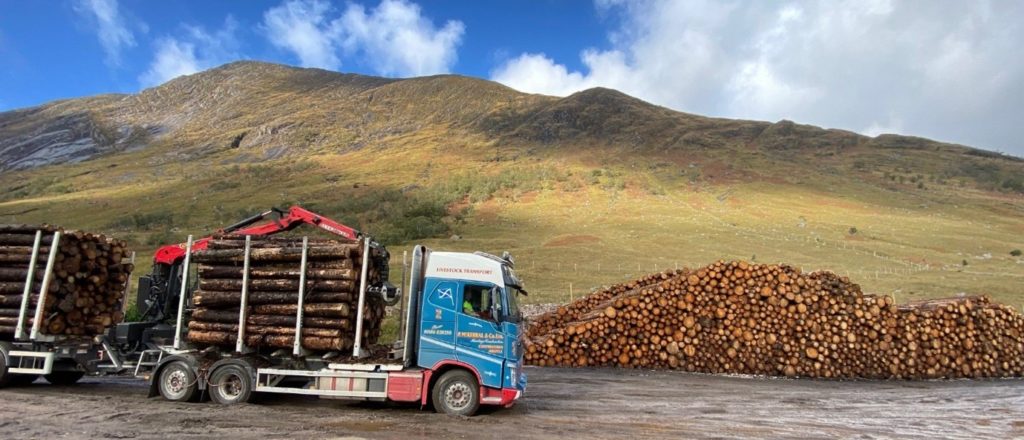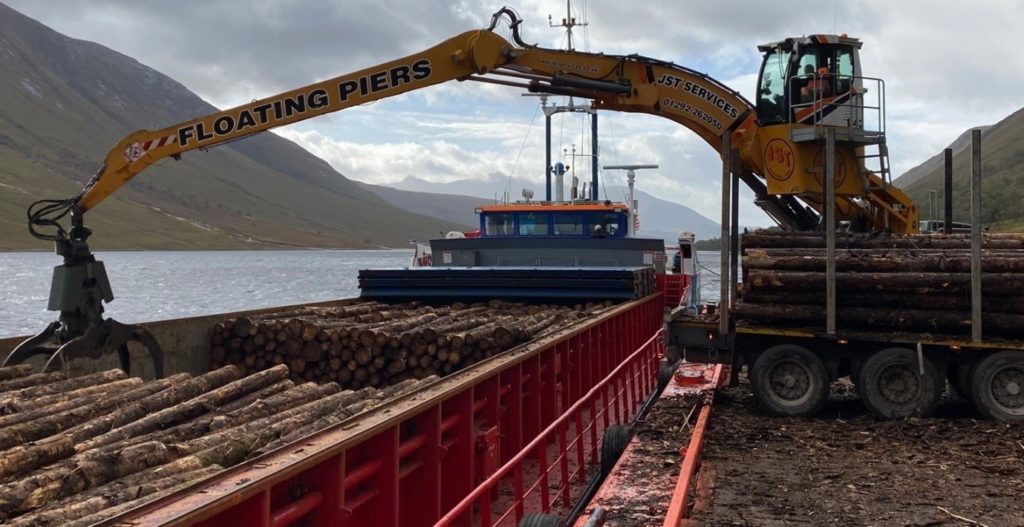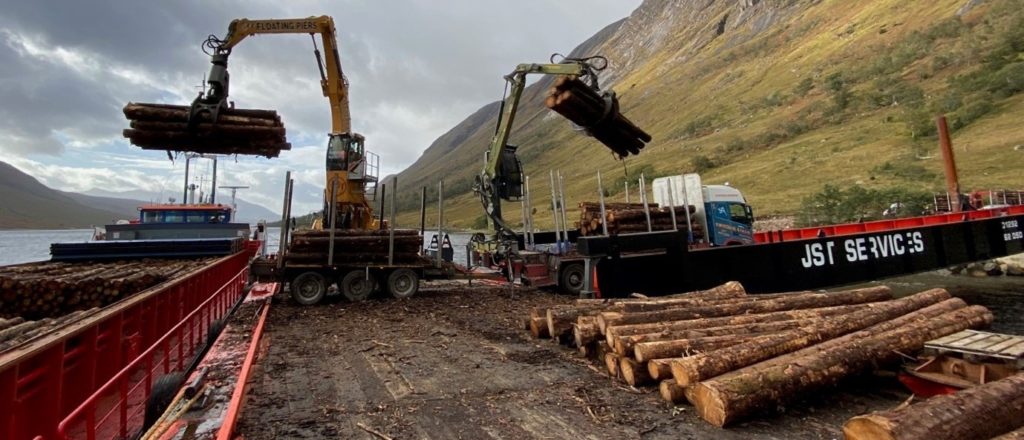LONDON, May 15, 2025 — Shard Credit Partners (“SCRP”), a UK-based private credit investment manager, has successfully secured an investment from Channel Capital Advisors LLP (“Channel”) in support of its trade finance activities, reinforcing its commitment to empowering growing corporates across the Gulf Cooperation Council (“GCC”) following the launch of its UAE operations last year. This investment will support the firm’s regional expansion, strengthening its trade finance capabilities and extending its reach across the GCC.
The funding, for an undisclosed amount, will be deployed to expand SCRP’s innovative trade financing solutions, enabling high-growth businesses to access much-needed capital in a rapidly evolving economic landscape. With this investment, the firm aims to strengthen its regional footprint and play a pivotal role in fostering corporate growth. The investment builds on the momentum of the UAE office opening in 2024 and positions the firm to capitalise on the region’s growing demand for structured trade finance solutions.
“This investment is a significant step in the expansion of our trade finance offering in the GCC. The UAE launch last year established our presence in the region, and this additional capital allows us to deepen our support for businesses navigating complex international trade flows.” — Chris Ash, Head of Shard Credit Partners Trade Finance
Channel, a global investment firm with a strong track record in structured credit and asset-backed lending, sees this partnership as an opportunity to drive further innovation in the trade finance sector and enhance liquidity for businesses operating across the GCC.
“This is another example that demonstrates Channel’s capability in providing investment within this sector. This opportunity combines our knowledge of financing the overall trade cycle with our experience of operating with businesses in this region.” — Tony Smedley, Director of Sales at Channel
Shard Credit Partners Trade Finance Ltd established its business in the UAE in May 2024 as part of its international expansion strategy and to address the funding gap for SMEs in the region. Since then, the firm has focused on structuring trade finance solutions that optimise working capital and mitigate risk for corporates operating across global supply chains. With this investment, SCRP will continue to strengthen its regional presence, expand its trade finance capabilities, and support the evolving capital requirements of businesses across the GCC.
About Channel
Channel provides high-quality, privately originated asset-backed investment products by originating, structuring, and managing investments for leading institutional investors. The firm specialises in opportunities from issuers in specialty finance and the innovation economy. For borrowers, Channel is a trusted partner in growth. Its expertise in structuring tailored financing solutions ensures businesses receive the capital needed to scale, with a streamlined process and terms designed to work for them. Channel is committed to delivering flexible, efficient, and growth-focused funding that empowers success.
Contact
Bhoomika Kesaria
Head of Investor Relations
Channel Capital Advisors LLP
+44 (0)20 7291 5160
investor.relations@channelcapital.co.uk
About Shard
Shard Credit Partners is an alternative investment fund manager focused on high cash yielding private credit strategies in the UK lower mid-market. Current assets under management is circa £200 million. Its funds seek to generate superior risk-adjusted returns from conservatively structured senior secured credit investments with meaningful equity upside. Fund strategies include corporate direct lending, technology venture financing and international trade finance. SCRP is currently fundraising for its International Trade Finance strategy and is targeting to raise US$500 million from a mixture of institutional private credit investors, including local government pension funds, corporate pension funds, endowments, family offices and high net worth individuals classifying as sophisticated professional investors. SCRP has established a securitisation vehicle structure in Luxembourg which provides access to this strategy through the purchase of three or five year fixed income notes that will pay regular quarterly cash distributions derived from a diversified pool of short-term trade finance instruments. Investors further have the option of purchasing notes with an ISIN and or credit enhancement features including an investment grade credit wrapper from a reputable credit insurance provider. Investment portfolios tailored to meet the specific preferences and appetite of investors are available.
Shard Credit Partners Ltd is an Appointed Representative of Shard Capital AIFM LLP, authorised and regulated by the FCA (FRN 615463).
Contact
Benjamin Ellis
Business Development Director
Shard Credit Partners Limited
IR@shardcreditpartners.com
Business: info@shardcreditpartners.com
Website: www.shardcreditpartners.com


